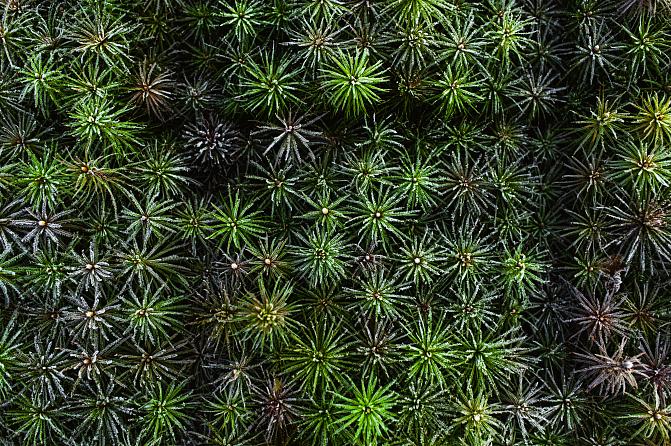
CEO's review
On this page
Food security and security of supply emerged as key issues in 2022. Rising energy prices, disruptions in raw material supply chains and the associated deterioration in agricultural and energy security caused by the war in Ukraine highlighted the need for research and statistical data produced by Luke.
To respond to the rapidly growing demand for data in these exceptional circumstances, we published a synthesis report on nitrogen which looked at alternatives to the use of natural gas in the production of nitrogen-based fertilisers in agriculture. We also produced a series of public webinars on food security, security of supply, carbon neutrality and biodiversity. Research and specialist activities focused more on the sustainable use of natural resources, security of supply and resilience to shocks and crises.
Our research supported the move towards a carbon-neutral Finland. In 2022, we published two policy recommendations on the climate impact of agricultural and forestry subsidies and the development of the support scheme, and on the impact of additional agricultural measures and dietary changes on reducing emissions to achieve a carbon-neutral Finland by 2035. In addition, we conducted a scenario analysis of the land-use sector up to 2040 in accordance with the Climate Plan for the Land Use Sector.
Biodiversity is a prerequisite for achieving the United Nation’s (UN) Sustainable Development Goals (SDGs), and the EU Biodiversity Strategy calls for the expansion of protected areas to halt biodiversity loss. We looked at the potential impacts of increasing areas under strict protection on the forest sector and the rest of society. Our report showed that the magnitude of the economic impact depends on how the increased protection is implemented.
Together with the Finnish Forest Centre, we also investigated ways to promote and improve nature management and biodiversity in commercial forests to support the preparation of the National Forest Strategy. We also worked with researchers from the Finnish Environment Institute to gather information on the effects of nature management and continuous cover forestry on biodiversity in commercial forests to support the recommendations of the forest management advisory service Tapio.
Achieving the UN SDGs also requires the implementation of circular bioeconomy principles. We have supported the SDGs, for example, by publishing a synthesis report on new logistics solutions to improve the cost-efficiency and ecological efficiency of the circular bioeconomy. We also aim to follow circular economy principles in our own research infrastructure modernisation projects. For example, in June 2022 we opened our responsibly renovated and implemented fish research and farming facilities in Laukaa. The existing 30-year-old fish tanks were restored and reused, and the facility is now partly powered by wood pellets and solar energy.
Focus on social and financial responsibility
As a specialist organisation, our staff and their competence and wellbeing are at the heart of everything we do and the foundation of our success. During the year, we continued the wellbeing-at-work programme launched in 2021. The aim of the programme is to create an efficient and productive organisation that is also humane.
Four pilot projects are currently underway, focusing on the unequal distribution of work and on work processes, roles and responsibilities. The programme also aims to highlight the possibilities to extend careers at Luke and support coping at work. We have also joined the Zero Accident Forum, a network of workplaces that aims to continuously improve safety and wellbeing at work and to disseminate good practices.
The reduction in government funding for Luke means that we need to adjust our finances accordingly. The main tools to achieve this are to increase the proportion of external funding and to reduce costs. In this respect, one of the biggest successes of the year was the 13% increase in external funding, which shows that we are responding to national and global research challenges and that we are seen as a trusted coordinator and partner.
During 2022, we gained more experience in sustainability work and concluded that we should update our internal responsibility goals in 2023 based on lessons learned and experience.
